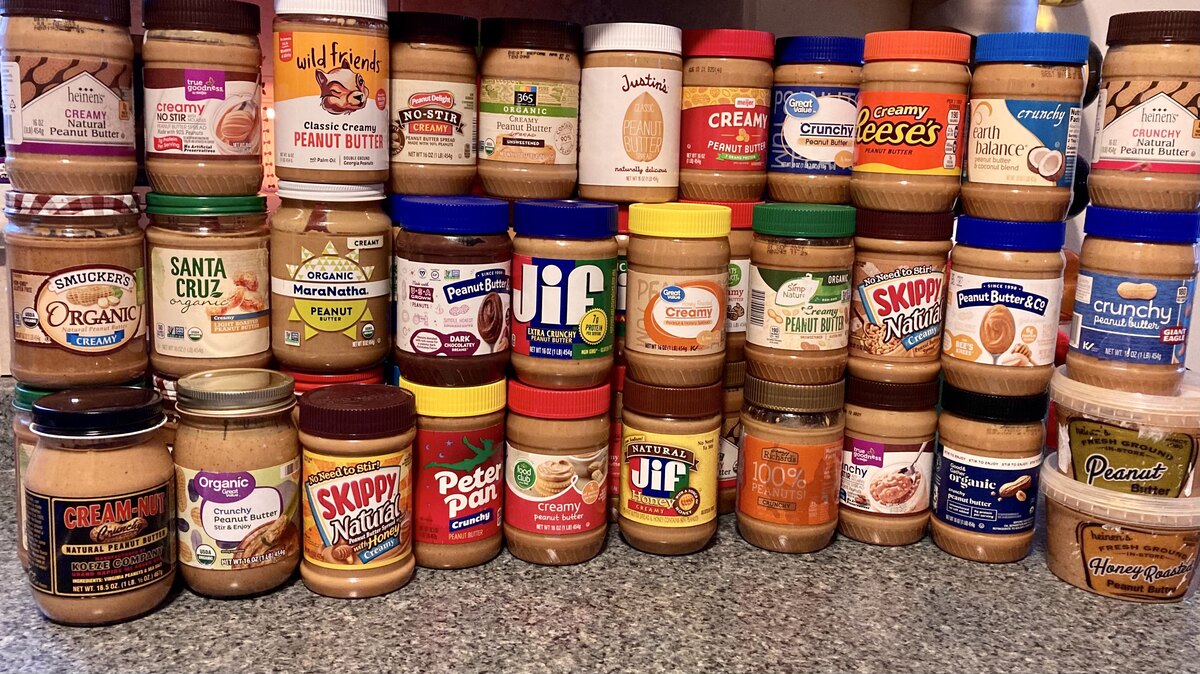

Articles
How To Store Peanut Butter
Modified: February 24, 2024
Discover the best way to store peanut butter and keep it fresh with these helpful articles. Learn how to prolong its shelf life and maintain its delicious taste.
(Many of the links in this article redirect to a specific reviewed product. Your purchase of these products through affiliate links helps to generate commission for Storables.com, at no extra cost. Learn more)
Introduction
When it comes to popular spreads, peanut butter is undoubtedly at the top of the list. Its rich and creamy texture, paired with the irresistible nutty flavor, makes it a favorite among people of all ages. Whether you enjoy it on toast, in sandwiches, or as an ingredient in your favorite recipes, peanut butter is a versatile and delicious food that adds a burst of flavor to any dish.
However, as with any food item, proper storage is crucial to maintain the freshness and quality of peanut butter. When not stored correctly, it can lose its taste, texture, and even develop a rancid smell. In this article, we will dive into the importance of storing peanut butter properly and the different techniques you can implement to extend its shelf life.
By understanding the best practices for storing peanut butter, you can ensure that this beloved spread remains fresh and enjoyable for a longer period of time. So, let’s delve into the world of proper peanut butter storage and discover how to keep our jars of goodness in their best possible condition!
Key Takeaways:
- Proper storage of peanut butter is crucial to maintain its flavor, texture, and quality. Factors like container choice, temperature, and refrigeration play a significant role in extending its shelf life.
- Vigilance for signs of spoiled peanut butter is essential for ensuring safety and enjoyment. Off smells, unusual appearances, texture changes, and expiration dates are key indicators to watch for.
Read more: How To Store Peanut Butter Cookies
Storing Peanut Butter: Why It’s Important
Proper storage of peanut butter is essential for several reasons. Firstly, it helps maintain the quality and flavor of the spread. When exposed to air, light, and high temperatures, peanut butter can undergo oxidation, resulting in a stale taste and potential rancidity. By storing it correctly, you can extend its shelf life and ensure that every spoonful tastes as fresh as the first.
Not only does proper storage preserve the taste, but it also retains the texture of peanut butter. Exposure to moisture can cause the spread to become clumpy or develop an unpleasant gritty texture. By storing it in a cool and dry environment, you can prevent these texture changes and enjoy a smooth and creamy consistency every time you reach for it.
Besides preserving the quality and texture, proper storage of peanut butter also reduces the risk of spoilage and contamination. The high oil content in peanut butter can attract pests such as ants and rodents if not stored securely. Additionally, exposure to heat and moisture can promote the growth of mold and bacteria, rendering the spread unsafe for consumption.
Lastly, storing peanut butter properly can help you save money. When you take care of your jar of peanut butter, you minimize the chances of having to throw it away due to spoilage. This means you can make the most out of every last drop, reducing waste and ensuring that you get your money’s worth.
Now that we understand the importance of storing peanut butter correctly, let’s explore the different factors to consider when choosing the right storage container.
Choosing the Right Storage Container
When it comes to storing peanut butter, selecting the appropriate storage container is crucial. The container you choose should provide airtight and moisture-proof seal to keep the spread fresh and prevent any spoilage. Here are some factors to consider when choosing the right storage container for your peanut butter:
- Material: Opt for containers made of glass or plastic that are food-safe and BPA-free. Glass containers are preferred as they are non-reactive and do not absorb odors or flavors. Plastic containers should be made of high-quality materials that are specifically designed for food storage.
- Airtight Seal: Look for containers that have a secure and airtight seal. This prevents air from entering the container and oxidizing the peanut butter, leading to rancidity. Screw-top lids or snap-on lids with rubber gaskets are effective in creating an airtight seal.
- Size: Consider the size of the container based on your consumption and storage needs. It is advisable to store peanut butter in smaller containers to minimize exposure to air every time you open it. This helps maintain its freshness for a longer period.
- Transparency: Choosing a transparent or semi-transparent container allows you to easily monitor the peanut butter’s condition without opening the jar. This prevents unnecessary exposure to air and light.
- Ease of Use: Consider the ease of scooping out the peanut butter from the container. Wide-mouthed jars or containers with smooth interior surfaces make it convenient to access the spread without any wastage or mess.
Remember to thoroughly clean and dry the container before transferring the peanut butter to ensure that no bacteria or contaminants are present. Using a proper storage container is the first step in keeping your peanut butter fresh, but other factors such as temperature and humidity also play a significant role.
Temperature and Humidity Considerations
Temperature and humidity are vital factors to consider when storing peanut butter. These elements can greatly impact the quality and shelf life of the spread. Here are some temperature and humidity considerations to keep in mind:
Temperature: Peanut butter should ideally be stored at a cool and constant temperature. Excessive heat can cause the oil in the spread to separate and rise to the top, resulting in an unpleasant texture. High temperatures can also accelerate the oxidation process, leading to a rancid taste. Therefore, it is recommended to store peanut butter in a cool pantry or cupboard away from direct sunlight and heat sources like stoves or radiators.
Humidity: High humidity levels can introduce moisture into the peanut butter, promoting the growth of bacteria and mold. To prevent this, it is essential to store peanut butter in a dry environment. Avoid storing it in areas with high humidity, such as near the refrigerator’s door or in the bathroom. Instead, opt for a cool and dry place in your kitchen or pantry.
It’s important to note that natural or homemade peanut butter may be more susceptible to changes in temperature and humidity due to the absence of stabilizers or preservatives. These types of peanut butter should be stored even more carefully to maintain their freshness.
Now that we understand the temperature and humidity considerations, let’s explore the proper storage techniques for peanut butter.
Proper Storage Techniques
To ensure the longevity and freshness of your peanut butter, follow these proper storage techniques:
- Seal the Container Properly: After each use, make sure to tightly seal the container to prevent air and moisture from entering. This helps maintain the flavor and texture of the peanut butter.
- Store in a Cool, Dark Place: Find a cool and dark spot in your kitchen or pantry to store your peanut butter. Avoid areas that are exposed to direct sunlight or heat sources.
- Avoid Temperature Fluctuations: Keep the storage area at a consistent temperature. Fluctuating temperatures can cause the peanut butter to spoil more quickly.
- Keep Away from Moisture: Moisture can lead to spoilage and encourage the growth of mold or bacteria. Ensure that the storage area is dry and free from any moisture sources.
- Avoid Freezing and Thawing: It is generally not recommended to freeze peanut butter. Freezing can change the texture and affect the taste. It’s best to store peanut butter at room temperature.
- Avoid Using Contaminated Utensils: Always use clean and dry utensils when scooping out peanut butter from the jar. This prevents the introduction of contaminants that could spoil the spread.
- Keep the Jar Elevated: If you want to be extra cautious, consider elevating the jar of peanut butter using a small stand or platform. This helps to prevent any condensation or moisture buildup on the bottom of the jar.
- Rotate Your Stock: To ensure you consume your peanut butter before it reaches its expiration date, practice a “first in, first out” rotation system. Use older jars first before opening newer ones.
Following these proper storage techniques will help maintain the taste, texture, and quality of your peanut butter for an extended period of time. However, it’s important to note that the storage requirements may vary for natural or homemade peanut butter.
Next, let’s explore the role of refrigeration in storing peanut butter.
Store peanut butter in a cool, dry place to prevent it from separating and to maintain its freshness. Avoid storing it in direct sunlight or in a warm environment to prevent spoilage.
Read more: How To Store Homemade Peanut Butter
The Role of Refrigeration
Refrigeration plays a significant role in the storage of different food items, but when it comes to peanut butter, it is not always necessary. In fact, most commercially produced peanut butter does not require refrigeration, as long as it is stored properly.
Peanut butter has a relatively low moisture content and high oil content, which makes it less prone to spoilage. When stored in a cool, dry place, such as a pantry or cupboard, peanut butter can maintain its freshness and quality for an extended period. However, there are a few exceptions where refrigeration may be beneficial:
- Hot and Humid Climates: If you live in a region with high temperatures and humidity, refrigerating your peanut butter can help prevent oils from separating and extend its shelf life.
- Natural and Homemade Peanut Butter: Peanut butter without added stabilizers or preservatives can have a shorter shelf life. Refrigerating natural or homemade peanut butter can slow down the oxidation process and reduce the risk of spoilage.
- Chunky and Organic Peanut Butter: Chunky or organic peanut butter may contain a higher amount of natural oils, making them more prone to spoilage. It is advisable to refrigerate these types of peanut butter to maintain their texture and freshness.
If you do decide to refrigerate peanut butter, ensure that it is tightly sealed in an airtight container to prevent it from absorbing any odors or flavors from other foods in the refrigerator. Allow the peanut butter to come to room temperature before consuming to restore its creamy and spreadable consistency. Keep in mind that refrigerated peanut butter may be slightly harder to spread, but it will still be safe to consume.
Whether you choose to refrigerate your peanut butter or not, always refer to the manufacturer’s guidelines and expiration date on the jar for specific storage instructions.
Now that we have looked at the role of refrigeration in storing peanut butter, let’s explore how to properly store natural and homemade peanut butter.
Storing Natural and Homemade Peanut Butter
Natural and homemade peanut butter often lacks added stabilizers or preservatives found in commercially produced varieties. As a result, they have a shorter shelf life and require extra attention when it comes to storage. Here are some tips for storing natural and homemade peanut butter:
- Refrigeration: Natural and homemade peanut butter can benefit from refrigeration. The cool temperature helps slow down the oxidation process and extends the shelf life. Store the peanut butter in an airtight container and place it in the refrigerator.
- Separation: Natural peanut butter tends to separate, with the oils rising to the top. Remember to give it a good stir before using to evenly distribute the oils and maintain the consistency.
- Small Batch Preparation: When making homemade peanut butter, consider making smaller batches to ensure you can consume it within a reasonable time frame. This helps maintain its freshness and flavor.
- Use Clean Utensils: Always use clean and dry utensils when scooping out natural or homemade peanut butter from the jar. Contaminants can lead to spoilage and affect its quality.
- Monitor for Spoilage: Keep an eye out for any signs of spoilage, such as an off smell, mold growth, or a strange color. If you notice any of these signs, discard the peanut butter immediately.
By storing natural and homemade peanut butter properly, you can enjoy its taste and freshness for an extended period of time. However, it’s important to note that the absence of preservatives may lead to a shorter shelf life compared to commercially produced options. Therefore, be mindful of the expiration dates, and always prioritize safety when consuming homemade peanut butter.
Now that we have covered storing natural and homemade peanut butter, let’s explore some additional tips for prolonging the shelf life.
Tips for Prolonging Shelf Life
To ensure the longest possible shelf life for your peanut butter, consider implementing these tips:
- Buy in Smaller Quantities: If you don’t consume peanut butter frequently, consider purchasing it in smaller quantities. This helps in minimizing the time the spread is exposed to air, maintaining its freshness.
- Avoid Double Dipping: To prevent the introduction of bacteria, always use a clean utensil to scoop out peanut butter from the jar. Double dipping can introduce contaminants, reducing the shelf life of the spread.
- Keep Jar Tightly Sealed: Ensure that the jar is tightly sealed after each use. Properly sealed containers prevent exposure to air, reducing the likelihood of oxidation and rancidity.
- Avoid Cross-Contamination: When using peanut butter as a spread or dip, avoid directly touching it with utensils that have come into contact with other foods. This helps prevent the spread of bacteria, extending the shelf life.
- Store in a Dark Place: Shield your peanut butter from direct sunlight and store it in a dark cupboard or pantry. Exposure to light can accelerate spoiling and degrade the quality of the spread.
- Don’t Add Moist Ingredients: Adding moisture-rich ingredients to the jar of peanut butter can promote the growth of bacteria. Avoid mixing it with honey, syrup, or other liquids that may introduce moisture.
- Use Clean Hands: If you prefer scooping peanut butter with your hands, ensure that your hands are clean and dry to minimize the chances of introducing contaminants.
- Don’t Contaminate the Jar: Be mindful of not introducing any foreign substances into the jar, such as bread crumbs or excess moisture, as they can accelerate spoilage.
- Avoid Excessive Heat: While peanut butter can withstand normal room temperatures, it is best to store it away from heat sources like stoves or radiators. Excessive heat can cause the oils in the peanut butter to separate and turn rancid.
By following these tips, you can prolong the shelf life of your peanut butter, ensuring that it remains fresh and delicious for as long as possible. However, it’s important to keep an eye out for signs of spoilage and discard the peanut butter if it shows any signs of contamination or degradation.
Now that we have explored various ways to prolong the shelf life of peanut butter, let’s discuss the signs of spoiled peanut butter to be aware of.
Signs of Spoiled Peanut Butter
While peanut butter has a relatively long shelf life, it is not exempt from spoiling. To ensure your safety and enjoyment, it’s essential to be aware of the signs of spoiled peanut butter. Here are common indicators that your peanut butter may have gone bad:
- Off Smell: A foul or rancid odor is a clear indication that the peanut butter has spoiled. If the smell is noticeably different from the fresh and nutty aroma, it’s best to discard it.
- Unusual Appearance: If you notice any mold growth or an unusual color change in the peanut butter, it is no longer safe to consume. Mold growth can be indicated by green, black, or white spots, and discoloration can range from a deep brown to an unusual grayish hue.
- Texture Changes: Spoiled peanut butter may develop an unpleasant texture. If you notice clumps, separation of oil, or a gritty consistency, it is advisable to dispose of the spread.
- Strange Taste: If the taste of your peanut butter is bitter, sour, or generally off-putting, it is likely that it has turned bad. Consuming spoiled peanut butter can lead to digestive problems and foodborne illnesses, so it’s best to err on the side of caution and discard it.
- Expired Date: Always check the expiration date on the jar. If the peanut butter has passed its expiration date, it is safer to discard it, even if it shows no visible signs of spoilage.
If you encounter any of these signs, it is important not to consume the peanut butter. Consuming spoiled peanut butter can lead to food poisoning and adverse health effects. It is better to discard it and purchase a fresh jar to ensure your safety.
By being vigilant and attentive to any signs of spoilage, you can confidently enjoy your peanut butter while it is at its freshest and most delicious state.
Now that we are aware of the signs of spoiled peanut butter, let’s conclude our discussion on properly storing peanut butter.
Read more: How To Store Peanut Butter Fudge
Conclusion
Peanut butter is a beloved and versatile spread that adds a delicious and nutty flavor to countless recipes and snacks. To ensure that your peanut butter remains fresh and enjoyable for as long as possible, proper storage techniques are essential.
Storing peanut butter in the right container, such as a food-safe, airtight jar, helps maintain its flavor and texture. Choosing the right storage location, away from excessive heat and humidity, further extends its shelf life. While refrigeration is not always necessary, certain conditions, such as hot climates or homemade varieties, may benefit from it.
To prolong the shelf life, it is crucial to follow proper storage techniques, including sealing the container tightly, avoiding cross-contamination, and using clean utensils. By implementing these strategies, you can minimize the risk of spoilage and extend the freshness of your peanut butter.
Be vigilant for signs of spoiled peanut butter, such as an off smell, mold growth, unusual texture, or a strange taste. If you encounter any of these signs, it is advisable to discard the peanut butter to prevent any potential health risks.
In conclusion, proper storage of peanut butter ensures that it maintains its taste, texture, and quality over time. By considering factors like temperature, humidity, and storage techniques, you can enjoy your peanut butter at its best for countless meals and snacks to come.
So, next time you reach for that jar of peanut butter, remember the importance of proper storage and savor every delightful spoonful.
Frequently Asked Questions about How To Store Peanut Butter
Was this page helpful?
At Storables.com, we guarantee accurate and reliable information. Our content, validated by Expert Board Contributors, is crafted following stringent Editorial Policies. We're committed to providing you with well-researched, expert-backed insights for all your informational needs.
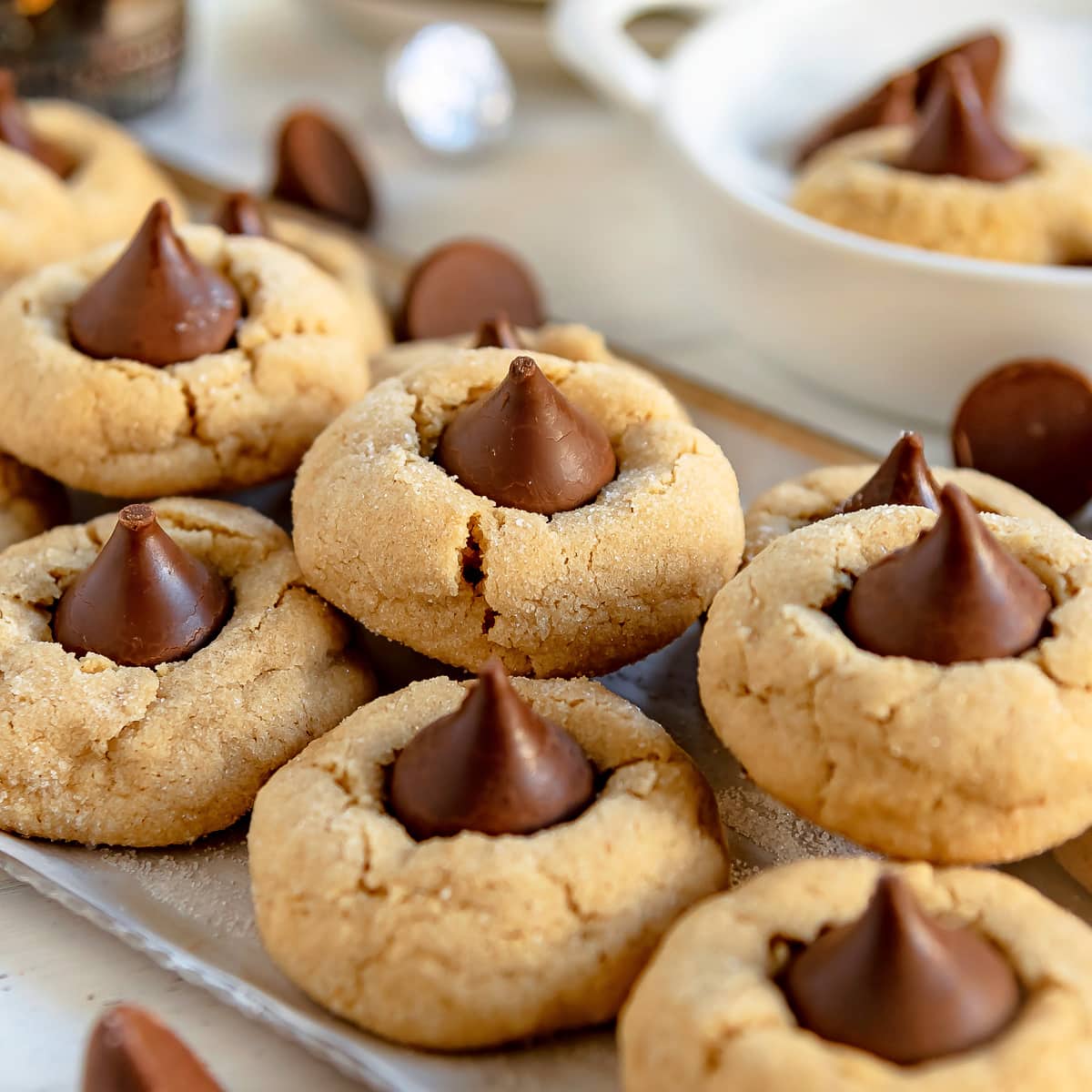
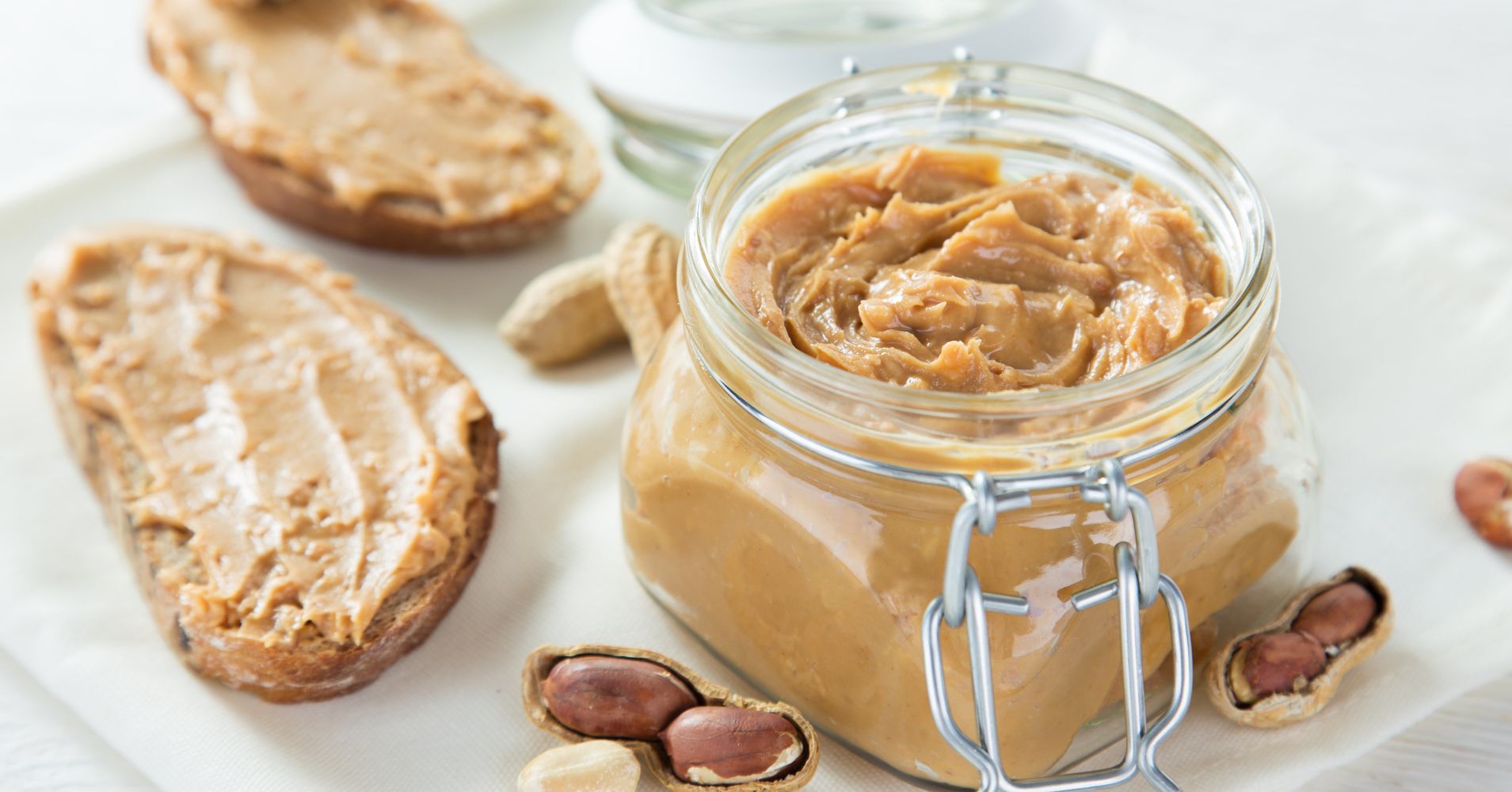
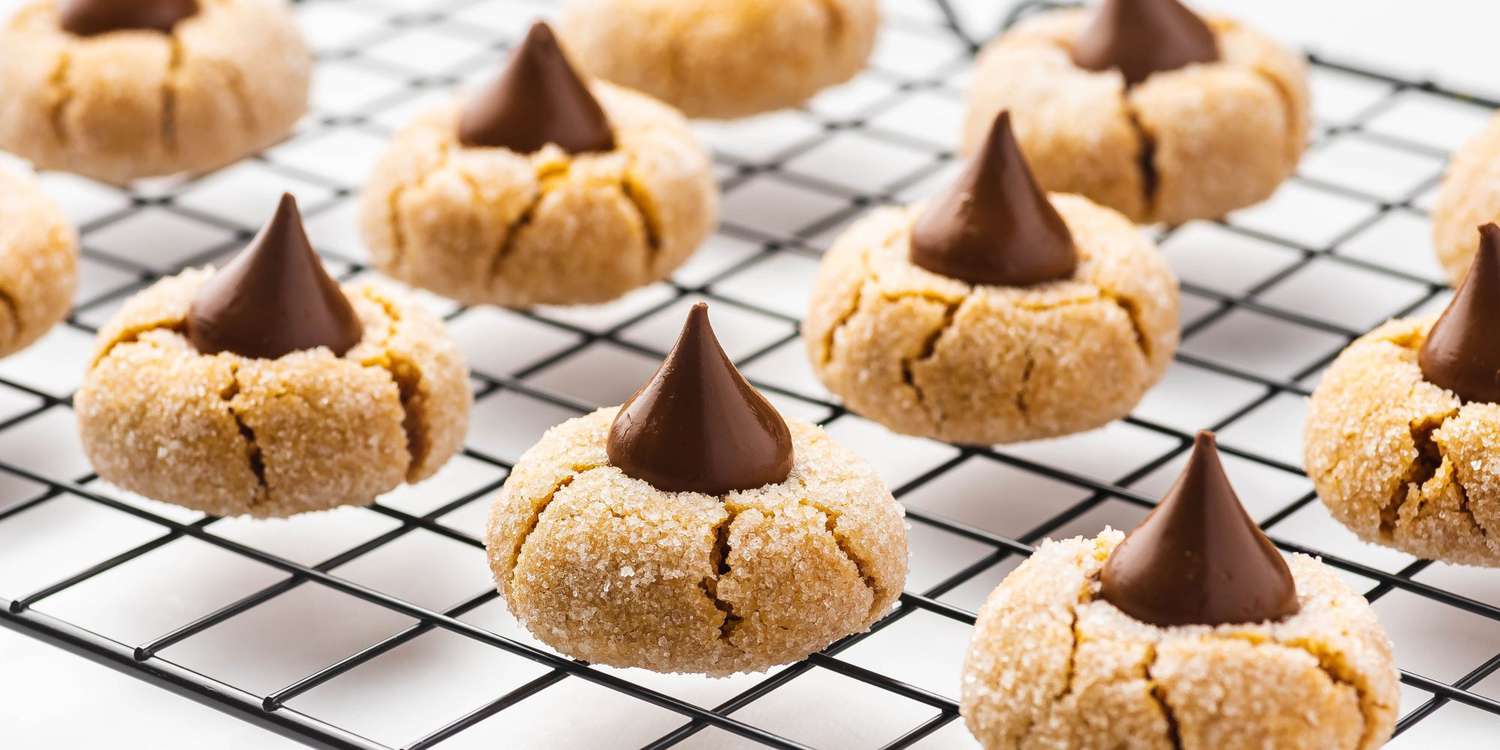
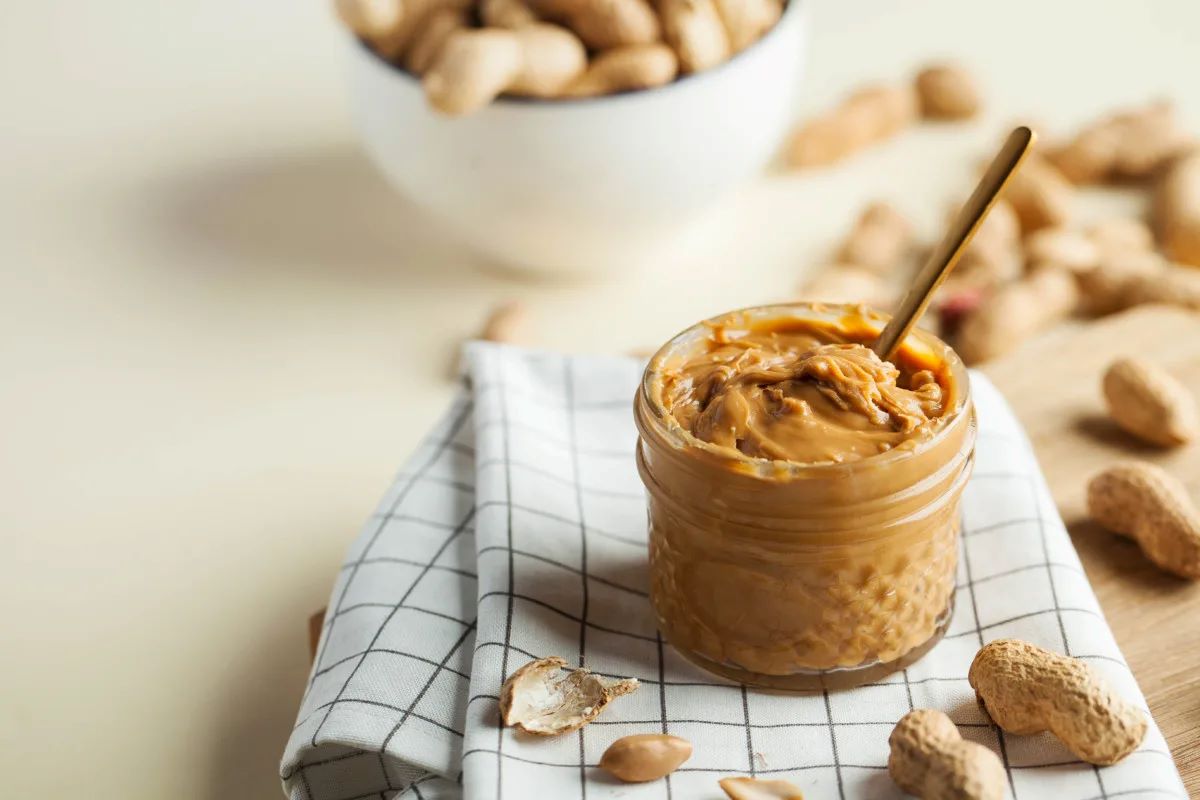
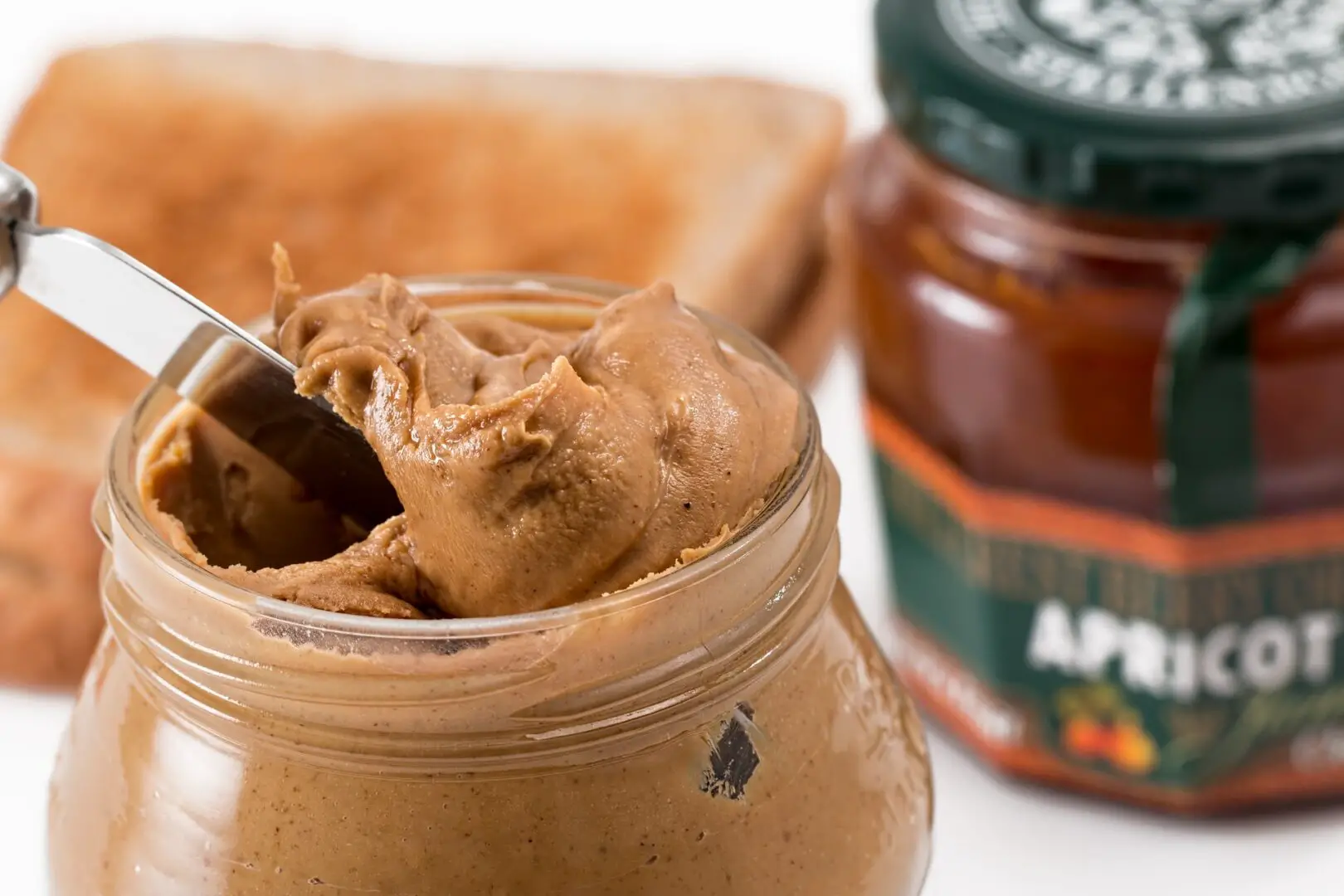
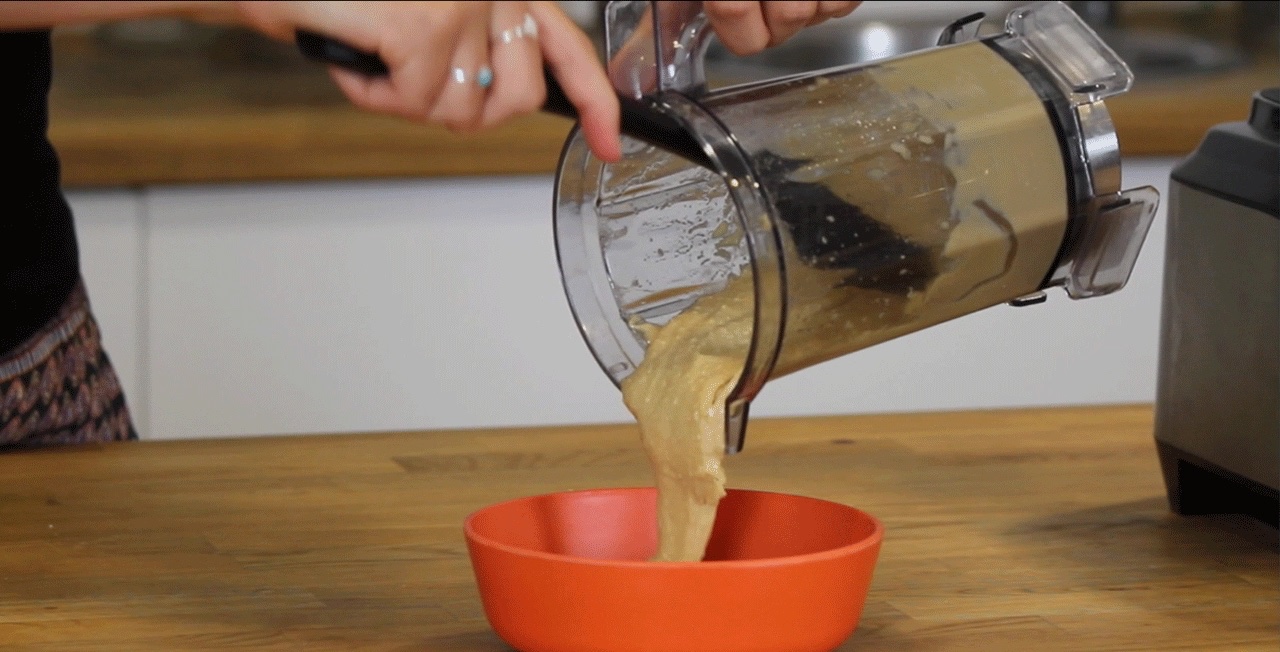
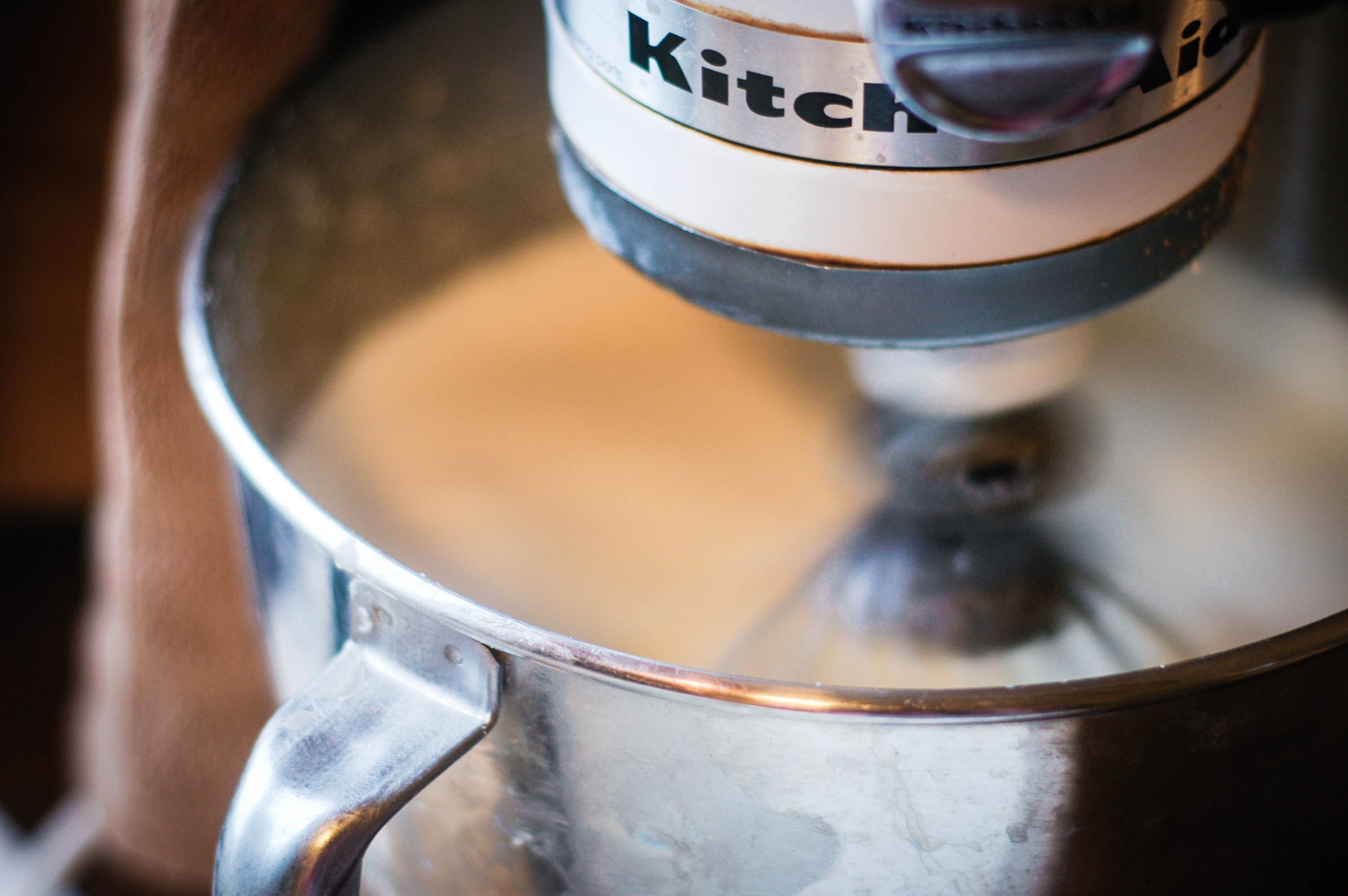
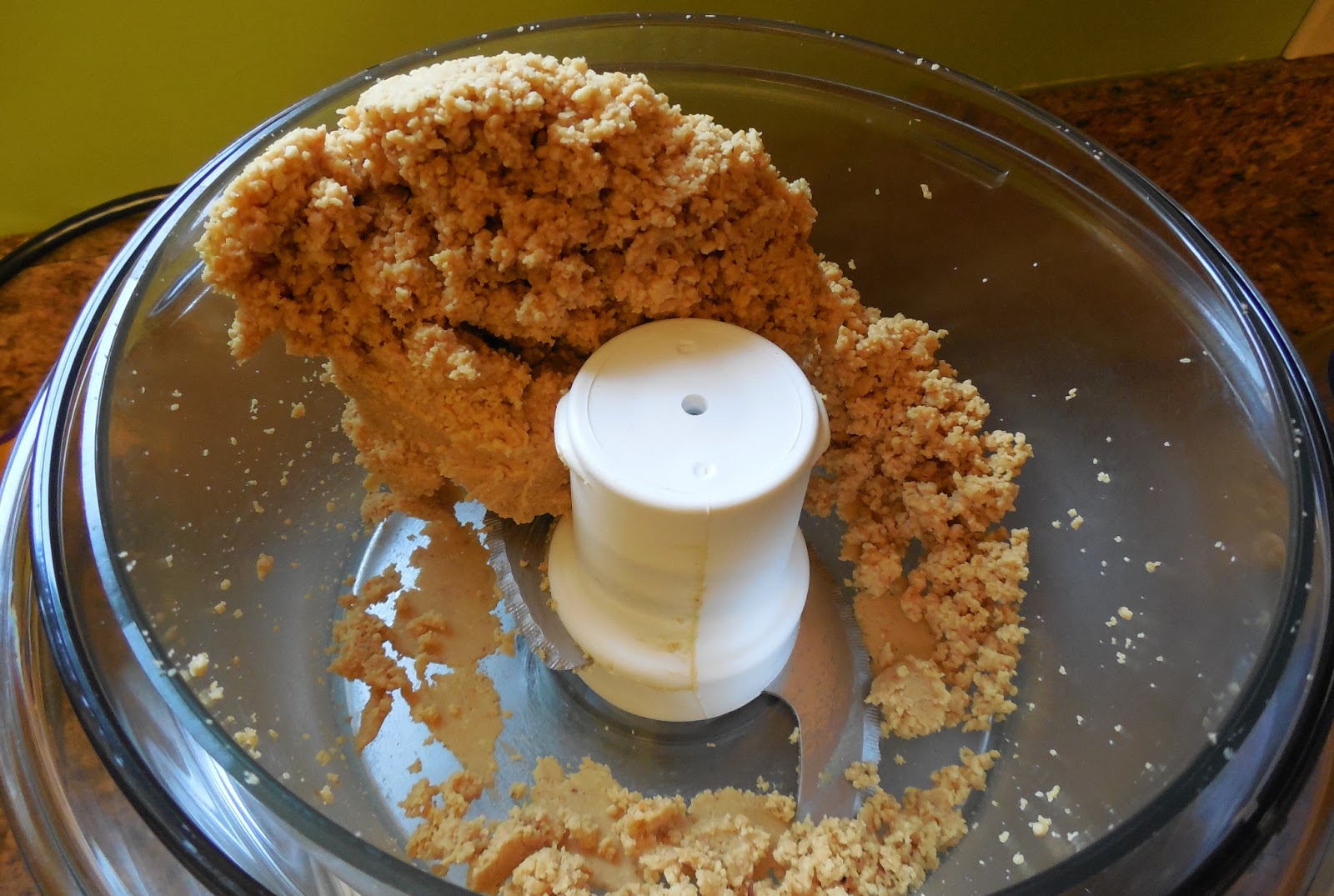
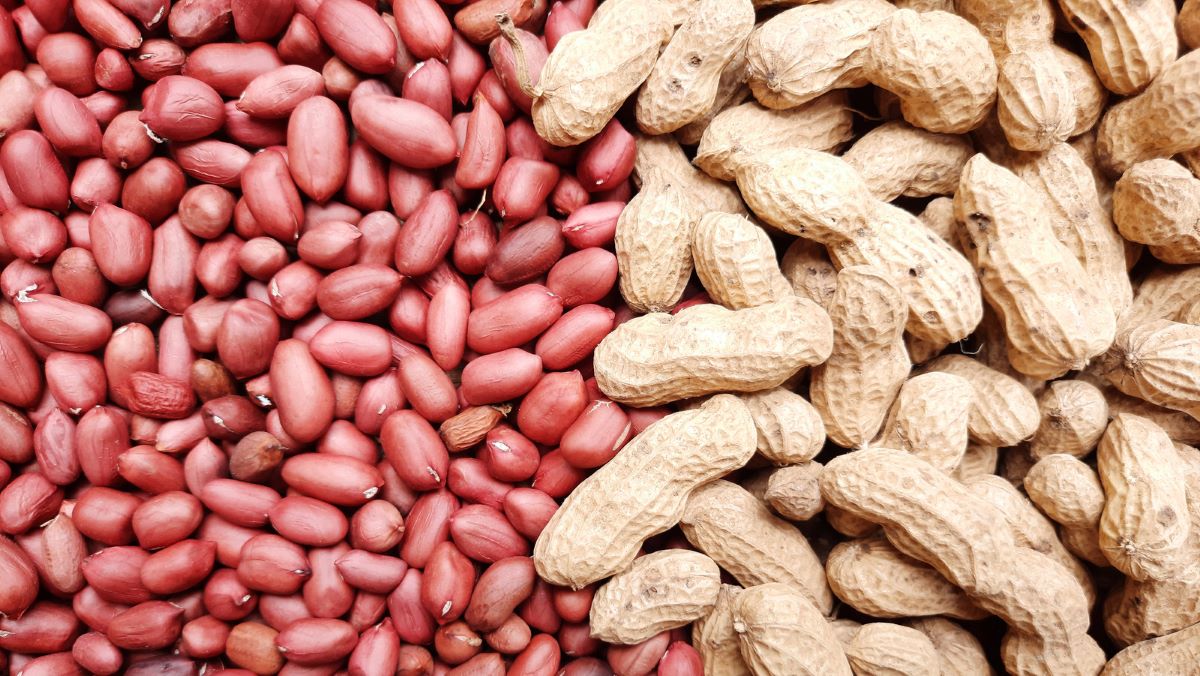
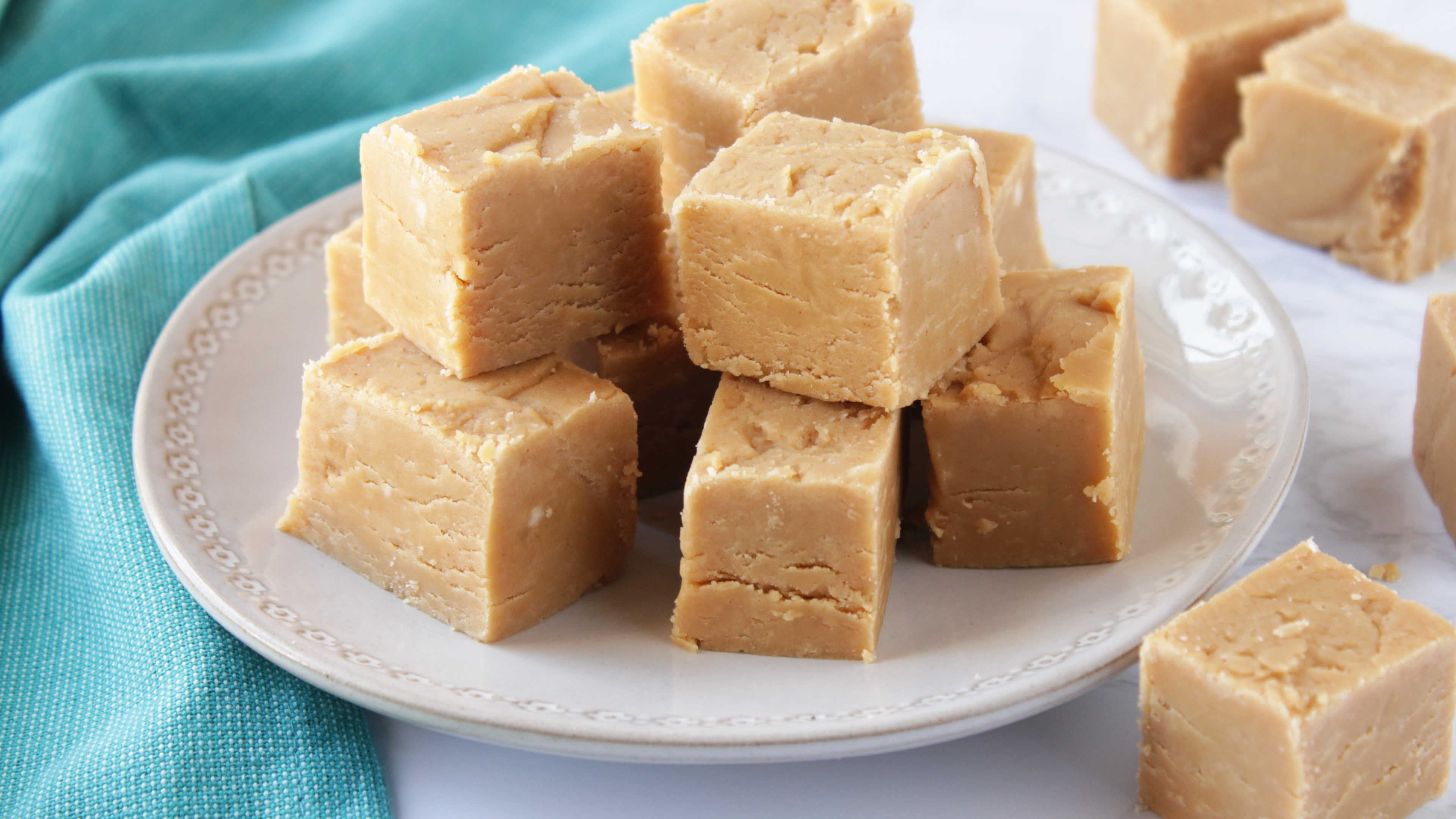
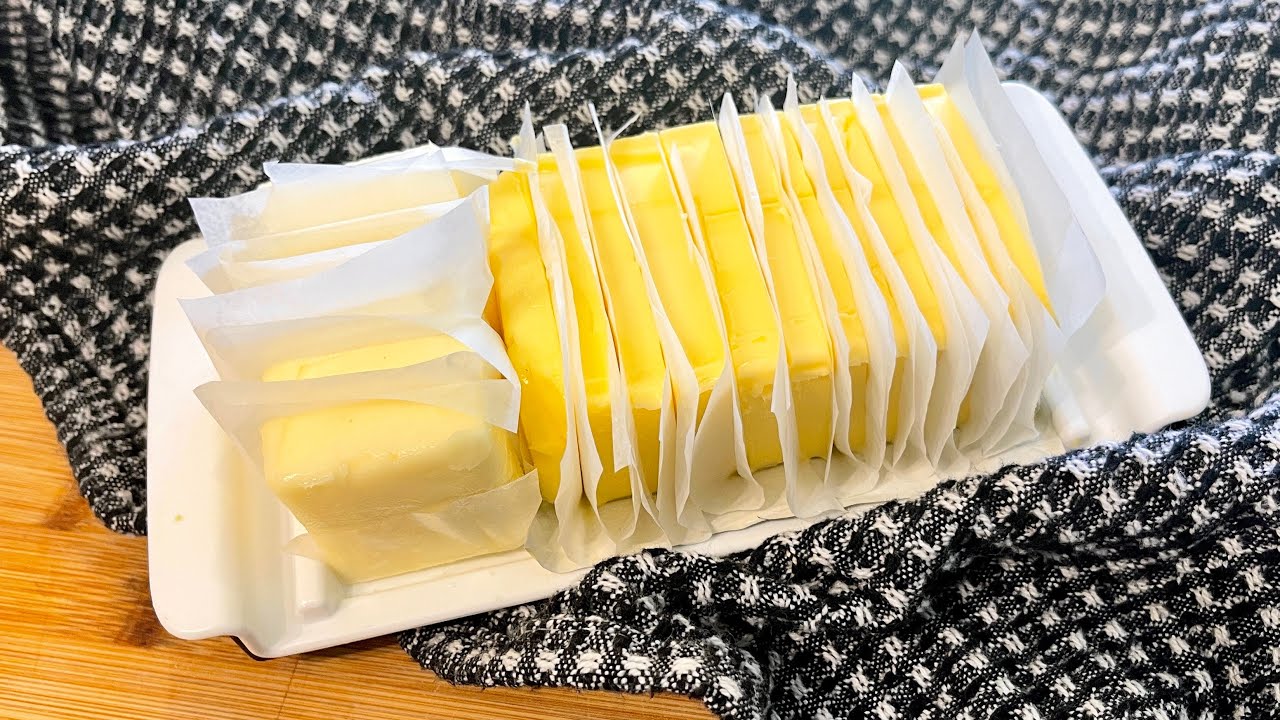
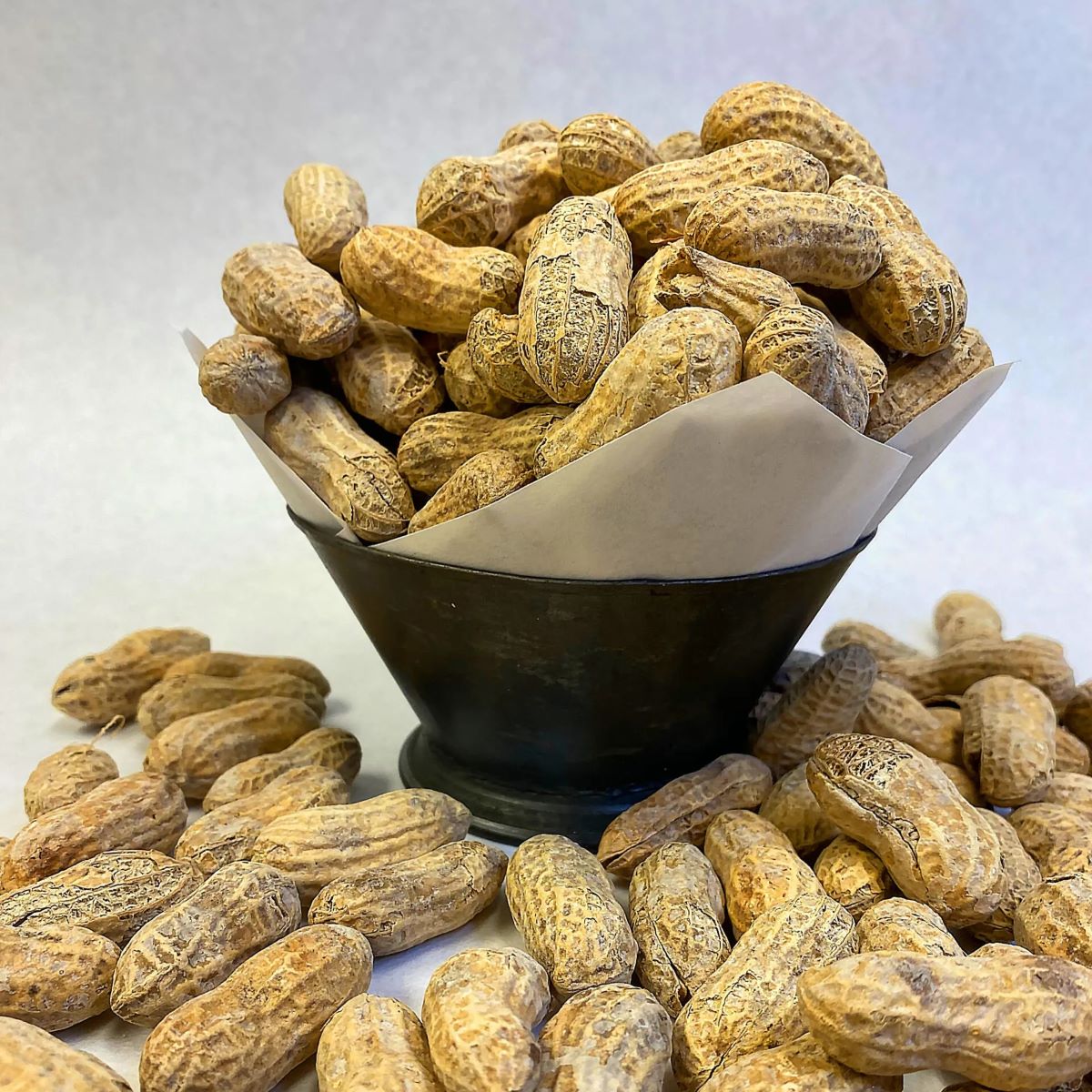
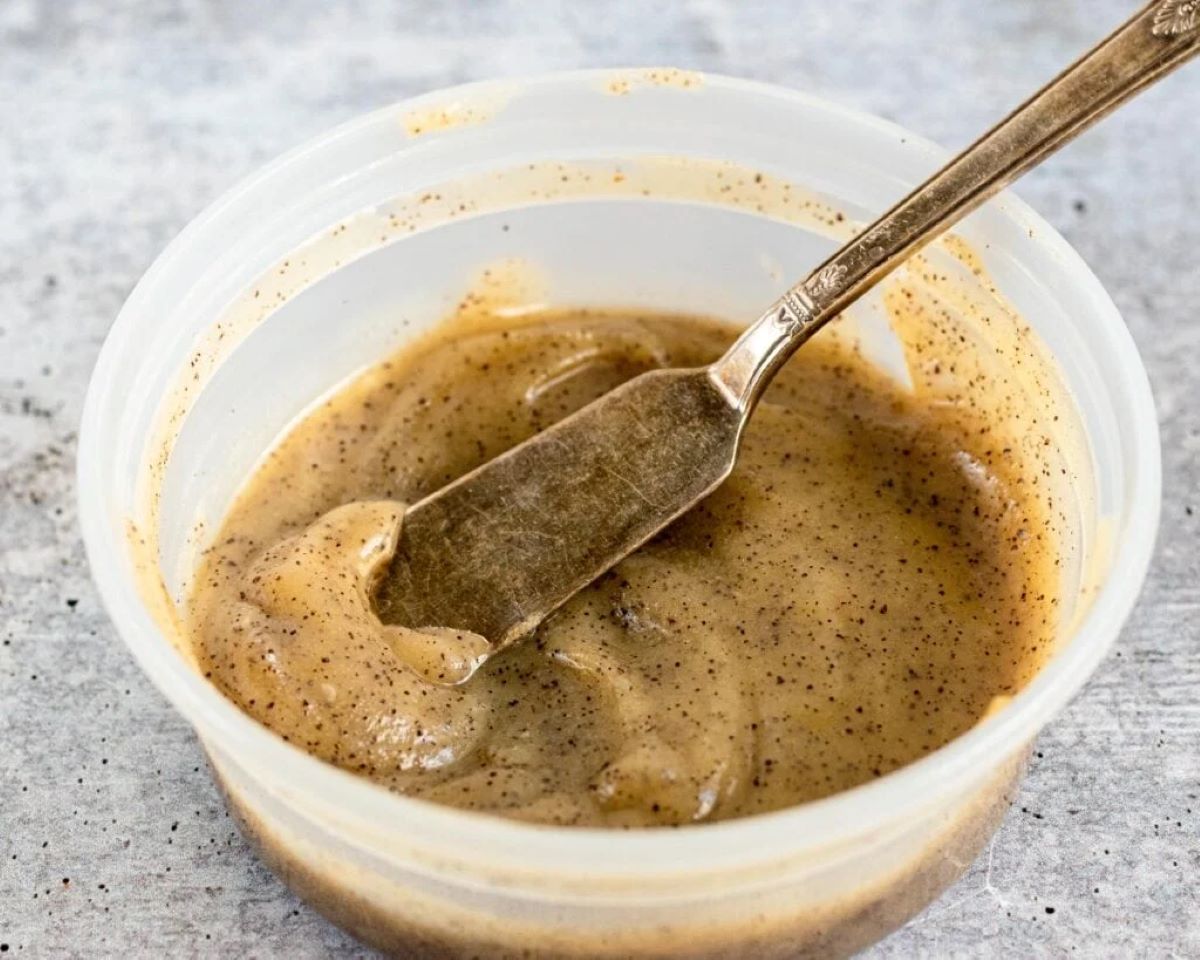

0 thoughts on “How To Store Peanut Butter”